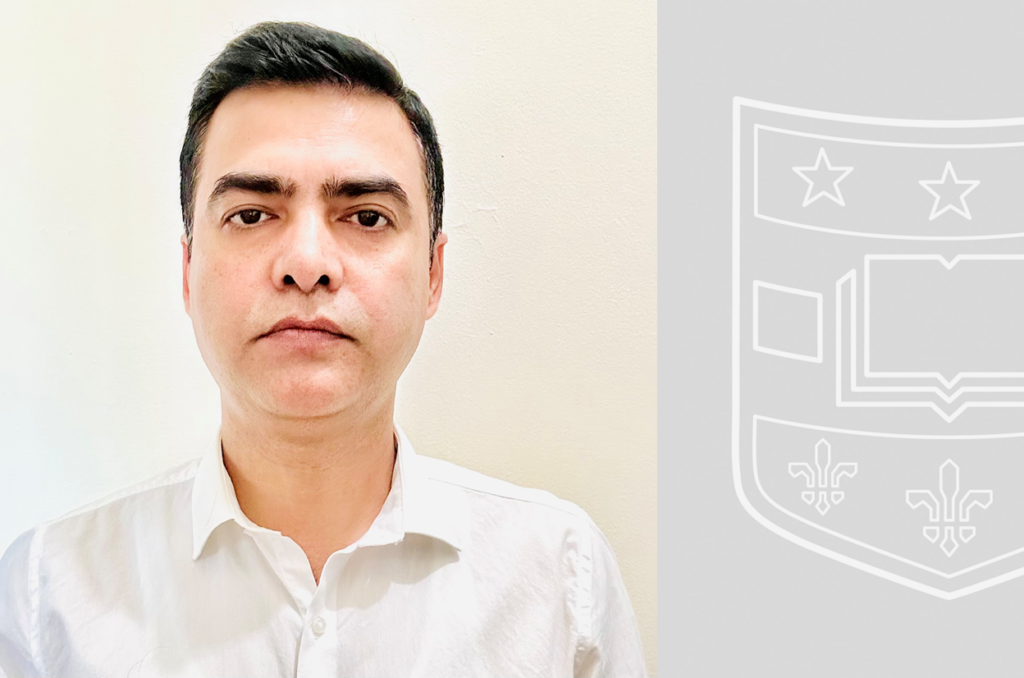Dr. Ashutosh Kumar joined the Department of Medicine in the Cardiovascular Division as an instructor as of July 2023. He has completed his MSc degree in Biotechnology from the Utkal University in India. He received his PhD degree in Life Sciences from the National Institute of Science Education and Research (NISER), affiliated with Homi Bhabha National Institute, India in 2017. Dr. Kumar’s PhD research work was focused on the characterization of TRPV4 (non-selective cationic ion channel) where he has explored the cross-talk between mitochondria and TRPV4 which alters mitochondrial dynamics, energetics, and morphology. Dr. Kumar has also characterized the molecular evolution of mechanosensitive TRPV4 ion channel in order to understand the striking parallelism with the cholesterol bio-synthesis pathways at the genetic, molecular, and metabolic levels.
After his PhD, he joined Dr. Rajan Sah’s lab as a postdoctoral fellow in the Department of Internal Medicine at University of Iowa in 2017, and later he moved to the Department of Medicine, Cardiovascular Division, at Washington University School of Medicine in 2018. During his postdoctoral work, his primary focus was to explore a novel ion channel, where they identified a volume regulatory anion channel SWELL1 (Lrrc8a) responsible for growth and metabolism in various tissue types. Specifically, he elucidated a novel function of SWELL1 (LRRc8a) complex that regulates cellular signaling in skeletal muscle to influence skeletal muscle differentiation, adiposity, and systemic metabolism. Furthermore, exploring the findings to understand how LRRC8A channel complex senses different nutrients and regulates metabolism in skeletal muscle.
In addition to this, he is also working on some other collaborative work where his main focus is to gain insights into cellular signaling and the physiological function of LRRC8 channel complex in pancreatic beta cell and platelet biology. His long-term goal is to gain a comprehensive understanding of the intricate molecular mechanisms of LRRC8A channel-mediated cellular signaling and metabolism across diverse tissues, thereby advancing therapeutic strategies against obesity and obesity-related diseases, such as diabetes and cardiovascular disease.
